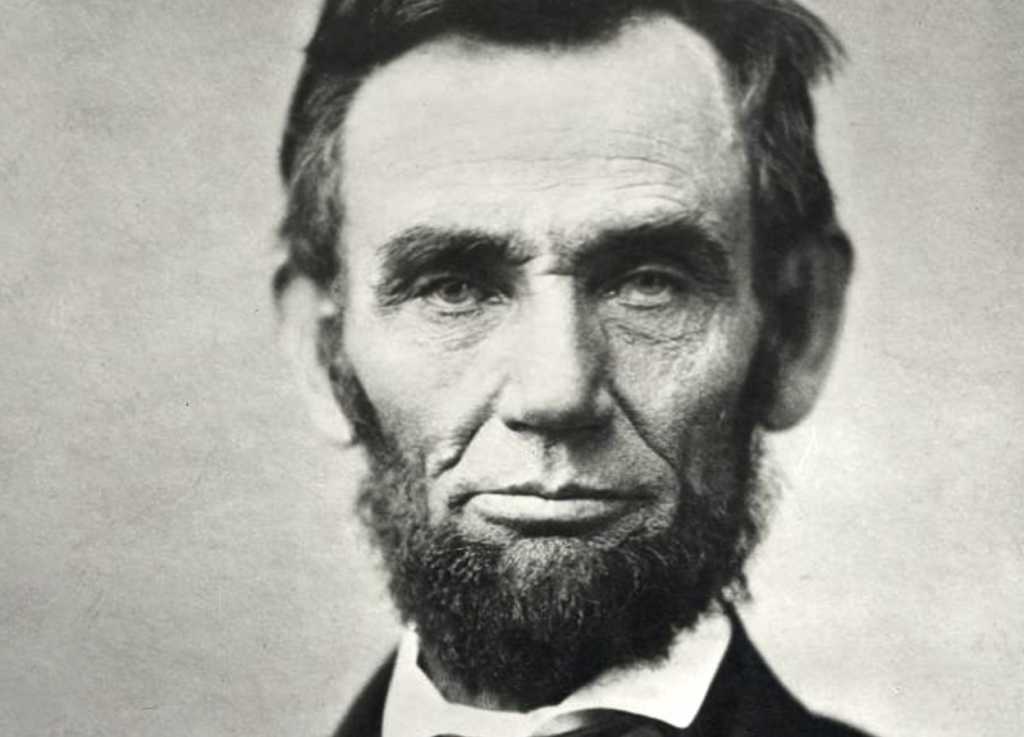As President Abraham Lincoln struggled to mend a torn and tattered nation amid the crushing pressure of the nation’s deadly Civil War, he issued a “Day of National Humiliation, Fasting, and Prayer” proclamation on March 30, 1863 — an effort to rally and recenter Americans around God and prayer.
And in light of this week’s National Day of Prayer, it’s important to look back at the text of Lincoln’s remarkable proclamation to discern the pertinent and pointed lessons it contains for the modern era, as American society is once again deeply divided.
Lincoln’s proclamation repeatedly references the Almighty, calls on Americans to turn back to prayer and acknowledges the importance that God plays in human affairs. It opens, in part, with the following:
Whereas it is the duty of nations as well as of men to own their dependence upon the overruling power of God, to confess their sins and transgressions in humble sorrow, yet with assured hope that genuine repentance will lead to mercy and pardon, and to recognize the sublime truth, announced in the Holy Scriptures and proven by all history, that those nations only are blessed whose God is the Lord.
Remarkably, 154 years later, Lincoln’s cultural and theological assessments still ring true, particularly a section of his proclamation that references the Civil War, ponders whether the battle between the North and South was a form of punishment for Americans’ “presumptuous sins” and makes a stunning an admission about the nation’s spiritual state: “We have forgotten God.”
This latter sentiment is one that many Christians are once again expressing today, creating a fascinating historical parallel worth exploring. In fact, the contemporary debate over the tempering of God’s role in American society is almost a mirror image of Lincoln’s own assessment of American culture and society back in 1863.
“We have been the recipients of the choicest bounties of Heaven; we have been preserved these many years in peace and prosperity; we have grown in numbers, wealth, and power as no other nation has ever grown,” Lincoln wrote. “But we have forgotten God. We have forgotten the gracious hand which preserved us in peace and multiplied and enriched and strengthened us, and we have vainly imagined, in the deceitfulness of our hearts, that all these blessings were produced by some superior wisdom and virtue of our own.
The text continued, “Intoxicated with unbroken success, we have become too self-sufficient to feel the necessity of redeeming and preserving grace, too proud to pray to the God that made us. It behooves us, then, to humble ourselves before the offended Power, to confess our national sins, and to pray for clemency and forgiveness.”
With that in mind, Lincoln set aside April 30, 1863 as a day of fasting and prayer, and encouraged Americans to halt their “secular pursuits” to unite at churches, places of worship and inside their homes to observe the day of invocation — an effort he hoped would help bring unity back to the sharply divided United States. Read the proclamation in its entirety here.
It’s amazing that, 154 years later, Lincoln’s assessment, warning and remedy still ring true. But will we take his advice? Only time will tell.
—
Other Must-Read Stories:
– Sean Hannity’s #FireColbert Tweet May Shock His Critics
– 6 of History’s Most Amazing Presidential Proclamations Urging Americans to Turn to God and Prayer



